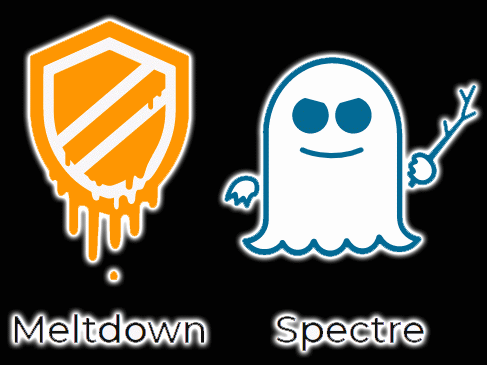- Joined
- May 18, 1997
- Messages
- 55,601
Quick Facts about Meltdown and Spectre
Meltdown and Spectre have your scratching your head? In-house HardOCP security expert, Joe Wood, has walked us through some very ugly facts about these two new attacks that were fully exposed this week.

Meltdown and Spectre have your scratching your head? In-house HardOCP security expert, Joe Wood, has walked us through some very ugly facts about these two new attacks that were fully exposed this week.

![[H]ard|Forum](/styles/hardforum/xenforo/logo_dark.png)